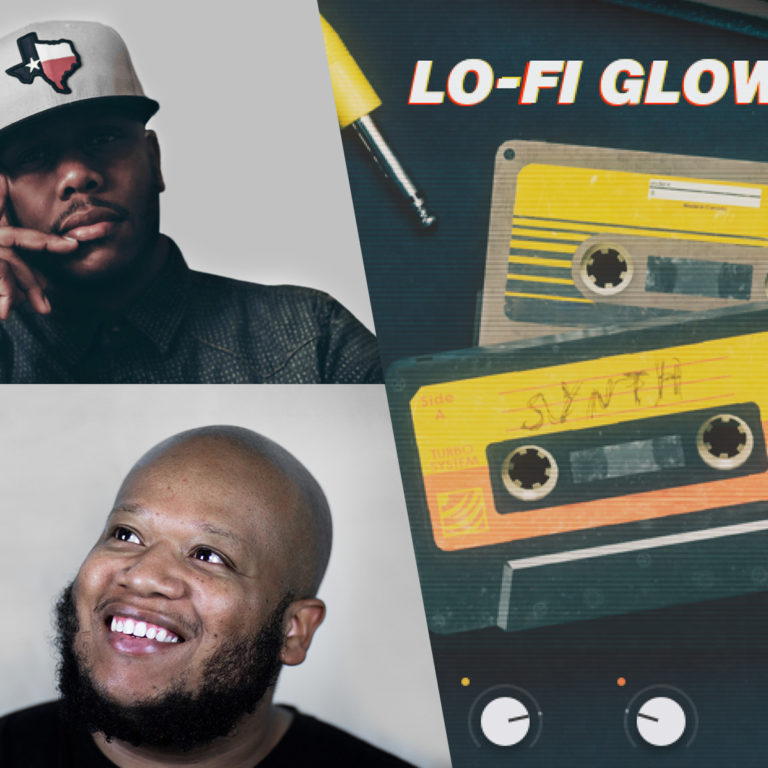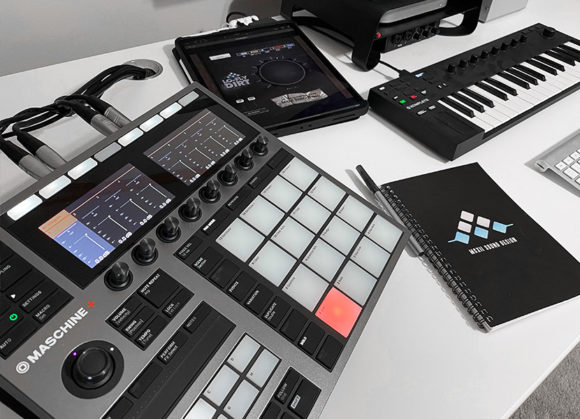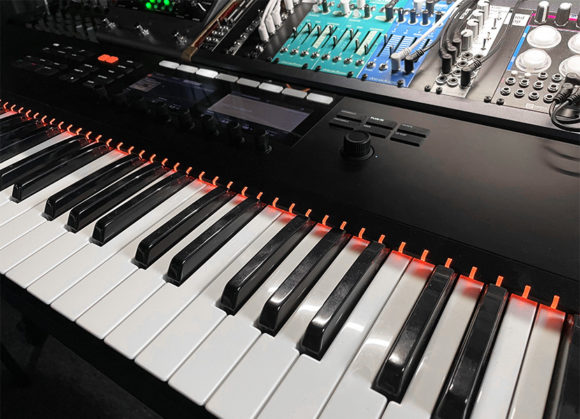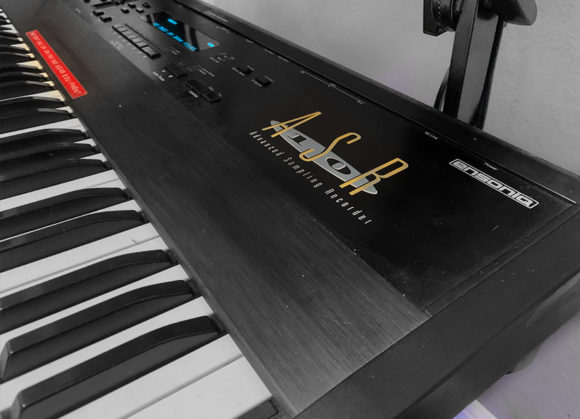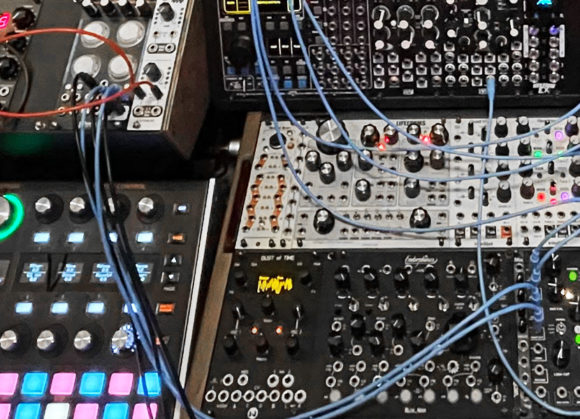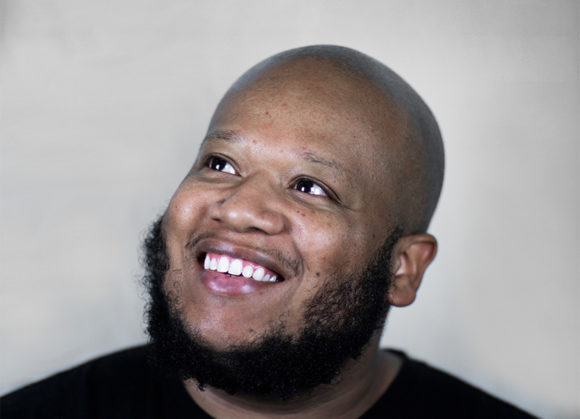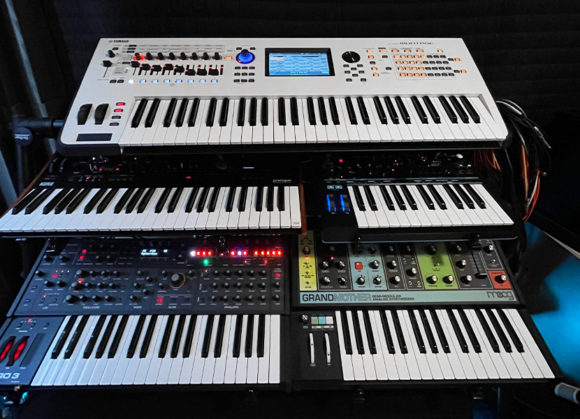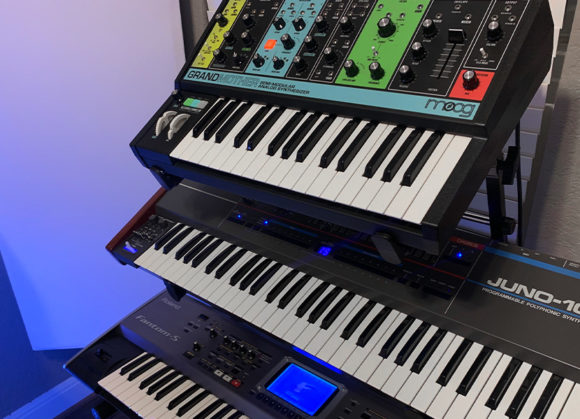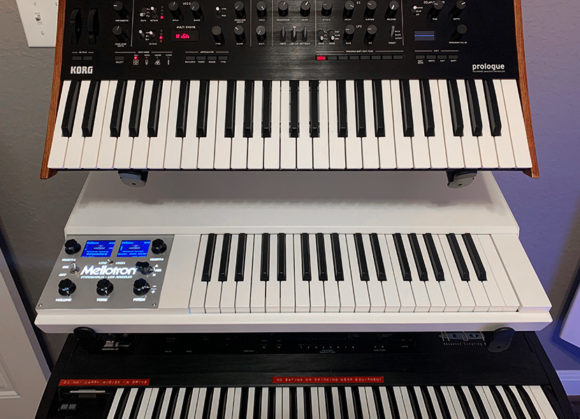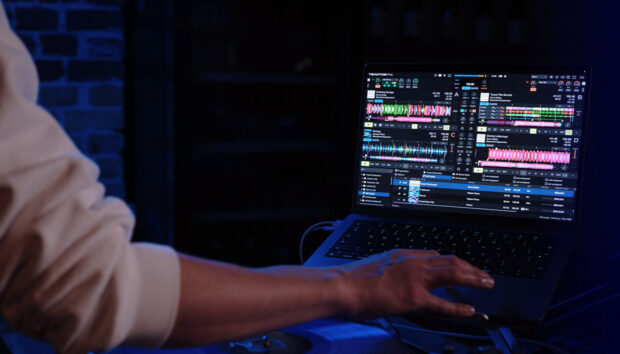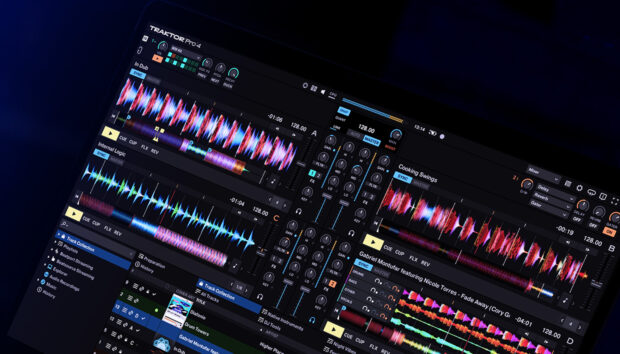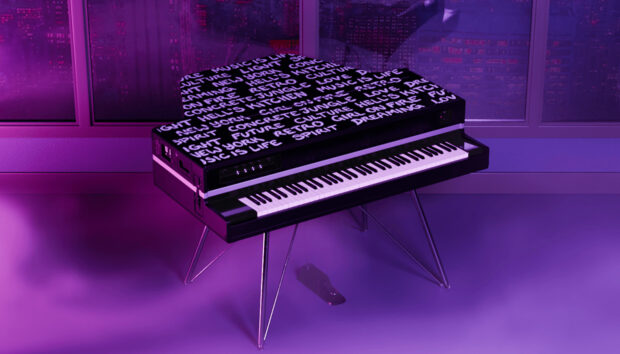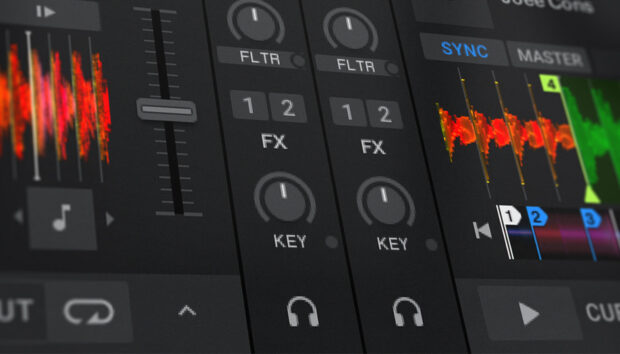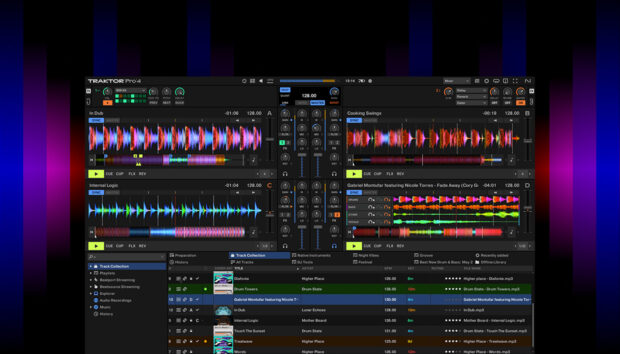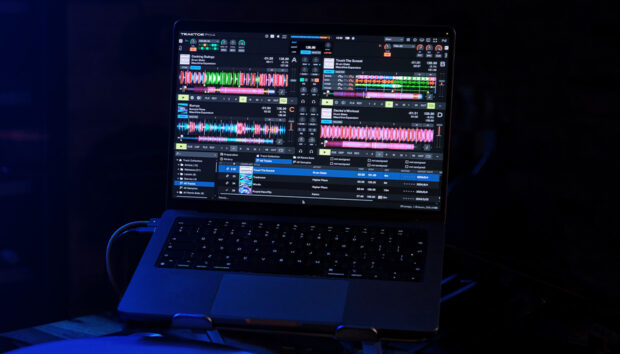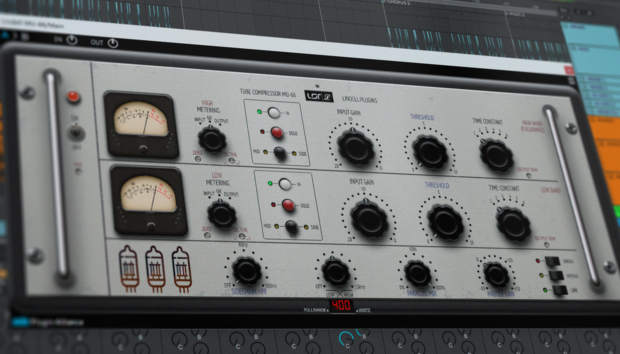The range and depth of sound you can access in Komplete isn’t just the work of a single company. While NI’s industry-standard synths, samplers, and effects are often built in-house, it’s not possible to be masters in every aspect of the music industry.
When it comes to nailing the sound of particular genres, for example, it’s important to bring aboard other people and companies that are embedded in those particular scenes. Whether it’s a sampled instrument, a sound pack, or both, no one knows better than the experts.
MSXII (say: “MSX”) is one such expert. Having previously worked on the Sierra Grove, Elastic Thump, and Aquarius Earth expansions, the Texas-based company has more recently turned its attention to lo-fi – with LoFi Glow for Kontakt’s Play Series and the Faded Reels expansion – and most recently soul, with Soul Sessions and Soul Magic for those same platforms.
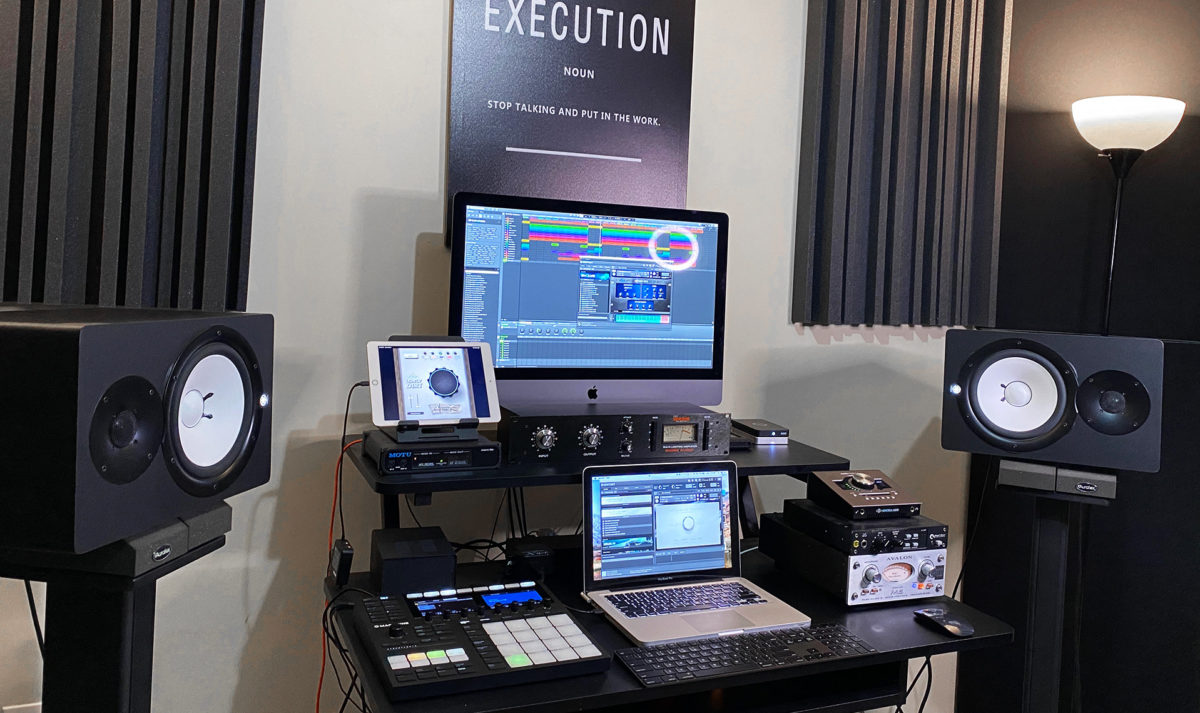
“I founded MSXII in 2015.” says sound designer Mike Simpson, aka MSimp. “I started it as a sound-design company, on the premise of wanting everything that I worked on musically to have a home. Beats, sound design, samples, or presets. I wanted them to exist in the public consciousness, so I started putting out products on msxaudio.com”.
Six years on, the MSXII Sound Design has grown in size, reputation, and in the quality of their output. Though rooted in Texas, the company has always been run remotely, with team members across the US, and the world. The specific lineup that works on Native Instruments releases comprises Mike himself, Operations Manager JK Swopes, and Producers Daniel Steele and Tone Jonez – all four share the responsibility of sound design (and can be seen in the header photo up top).
“We make up this conglomerate of respective experts – in production, or session pianists, or trumpet players, or bassists…
“In MSXII, we come together as a collective to create what we would enjoy in the industry as young producers, and things that we would like to see ourselves. That’s the premise of MSXII, and it’s just expanded into things that I’d never believed would happen.
“Now we’re focusing on being able to be in the hands of producers at all times. We have three iOS apps at this point, we’re working on four and five currently, and we’re also working on AU/VST plugins. We’ve created a vast sample library, have vinyl records in the wild, and have even done things like our limited-edition hardware Bleep Drum Machine. We’re constantly staying curious.”
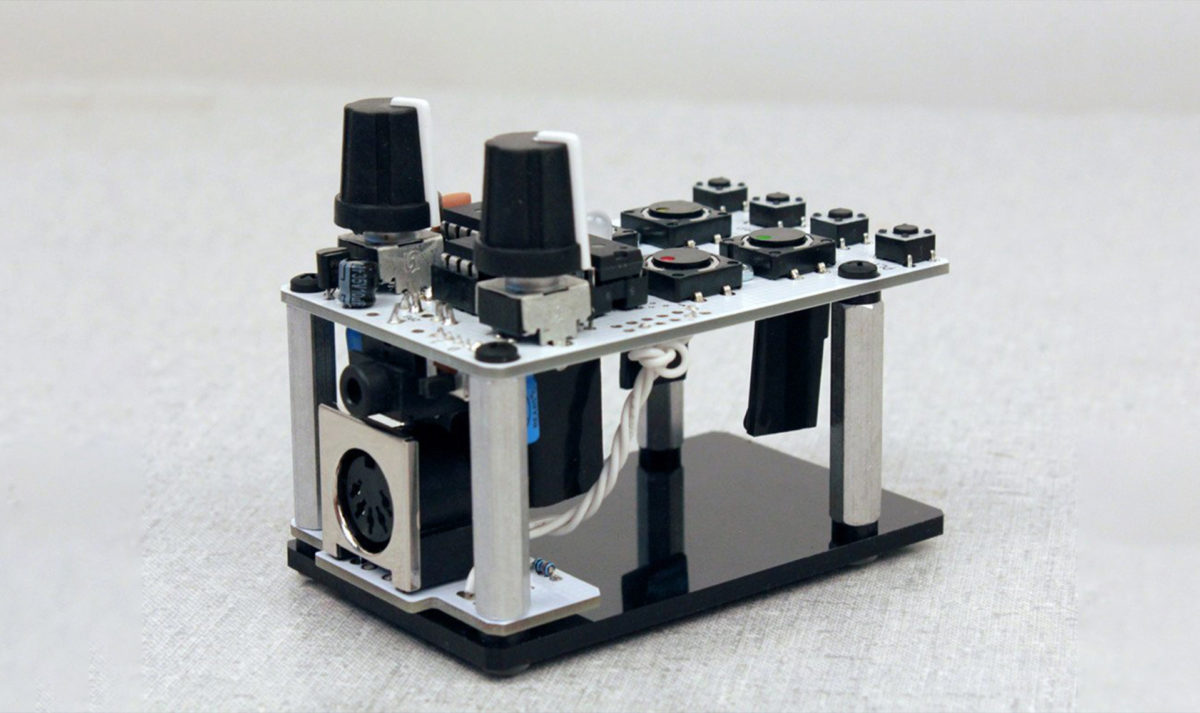
MSXII’s limited-edition Bleep Drum Machine
The work that MSXII does is largely inspired by their supporters. Simpson, and his team of sound designers and musicians, strive to be impactful, and to serve the needs of the producer community. “It means so much to me to hear feedback from our audience and to see the impact our inspiration can bring to their creativity, this is the reason why we do what we do.”
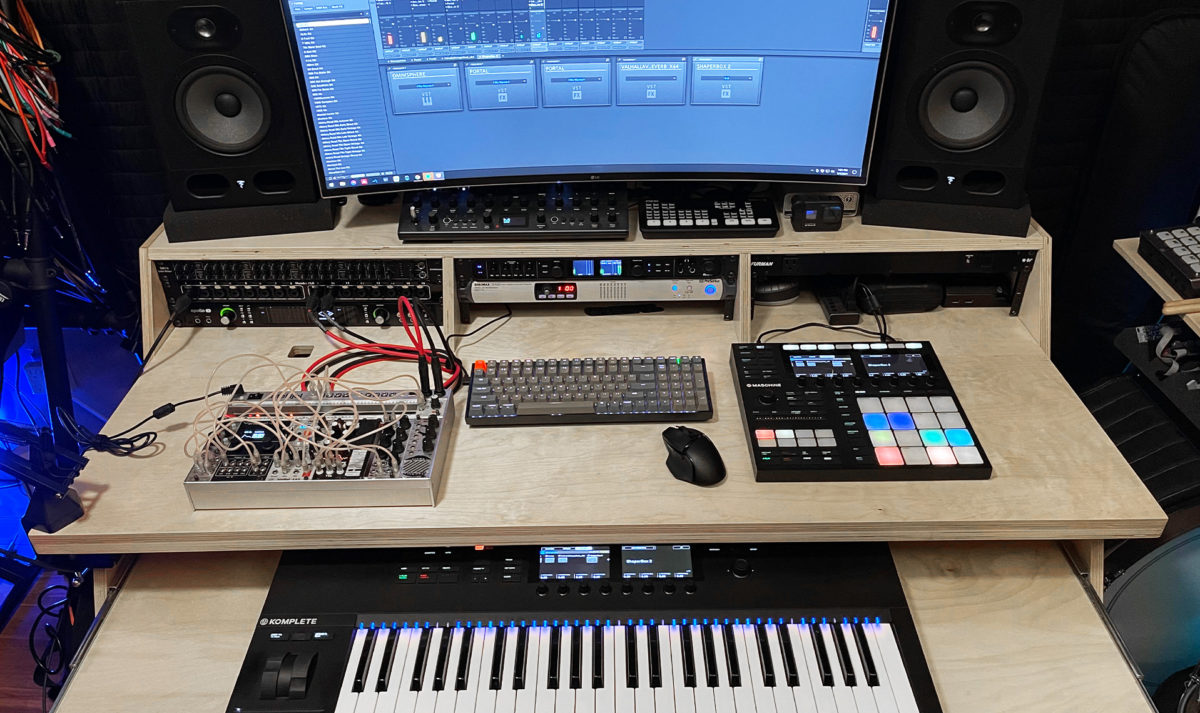
As with any creative pursuit, building collections based on genres requires a pool of inspiration, and for the team at MSXII that means buying and studying synths. Lots of them.
In the room, as we talk via video, Mike has a Mellotron and an Ensoniq ASR-10, as well as an impressive array of outboard gear and pedals. It’s by taking the time to learn what makes a great synth that the team has figured out how to create great instruments themselves.
“It’s got to be easy to program and it’s got to be inspiring immediately. I should be able to turn it on, without even really twisting knobs, and be able to get to where I want to quickly. A lot of times I’m going straight to the filter, I want to hear what that sounds like. I want to hear what the resonance sounds like with the filter set to certain places. Modulation is really key for us, and being able to route the signal to many different places.”
Low fidelity, high quality
Approaching MSXII in 2019, NI tasked Mike and his team with bringing their expertise and unique approach to sound design to Kontakt’s Play Series for the first time. The collaboration came at a time when MSXII had already been working on their own Lofi Melodics series – a popular run of sound packs that has been used by several big-name producers and Grammy-nominated artists. Mike’s vision was to continue developing this area of MSXII’s expertise and to create something for the Expansions platform that was authentic – something that lo-fi producers would instantly connect with. This focus on authenticity was very important for the project.
“We don’t do anything that’s cheesy, or chasing a trend, we do it our way with our interpretation. We want to keep it true to the lo-fi aesthetic, which comes from not necessarily having good gear, but just making use of what you already have.
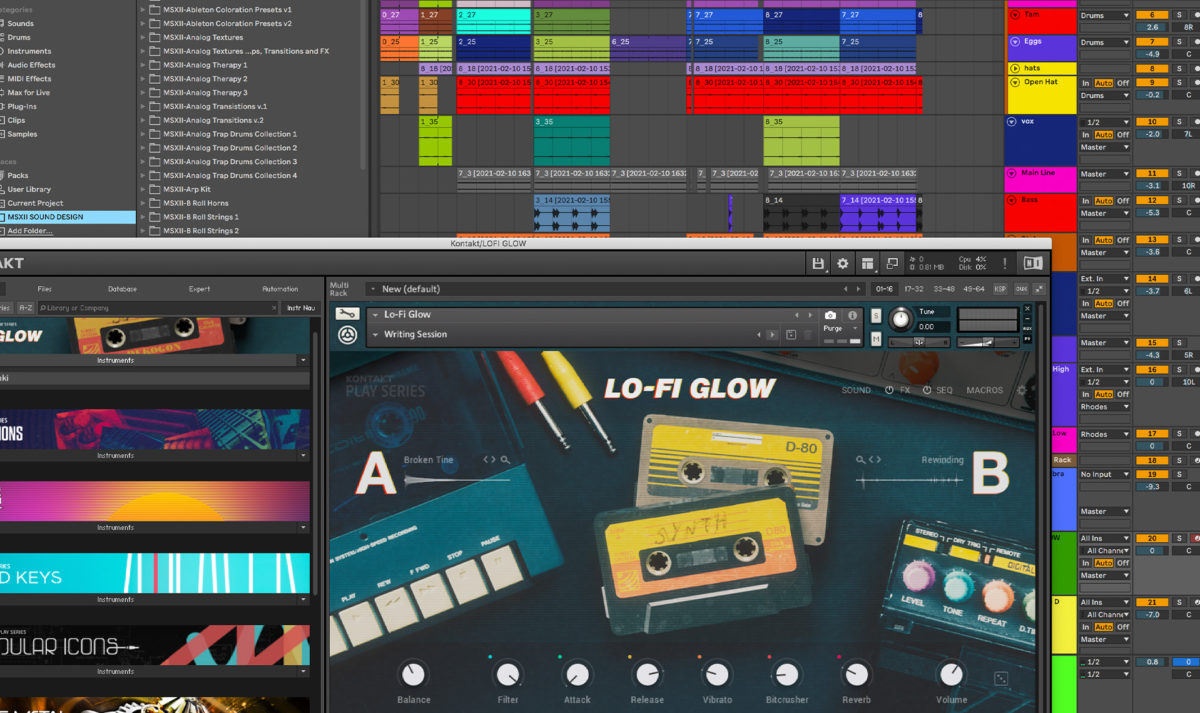
“We bought a bunch of cassette players, old Casio keyboards and stuff from RadioShack that we brought into the lab and ran through distortion and saturation pedals. For instance, the sound Writing Session from LoFi Glow is actually us recording our Tascam Portastudio into the mic. When you turn the A/B knob fully to the B side, you’ll hear the noise of the tape machine, me hitting play, rewind, the button presses, and everything. Then it’s looped. All is fair game for texture with us, not just the obvious cassette-tape noise. Of course you’d get that, but we like to go and explore further!”
Though low fidelity was the end goal, pristine, high-resolution recordings were essential to the process. “At the end of the day, users still need something that has a quality sound”.
A certain amount of sonic manipulation is baked into the samples themselves, but lot of the sound design process also happens within Kontakt and Maschine. “If you go through the Expansion’s Maschine Kits, you’ll notice that some sounds are more clean than others, but then we do more processing inside the instrument. If you mute all of the processing, then you’ll hear the sound by itself. Then if you unmute all of the processing… that’s how you get into our minds and the way we think about making the sounds.
“So we use that as an educational tool. We never tell people, but you should go and reverse engineer a lot of it.”
Samples with soul
From the degraded sounds of vintage gear, to the spirit of retro soul, MSXII quickly followed up the two lo-fi products with the glorious Soul Sessions and Soul Magic. Inspired by the evolving sounds of soul music from the 60s until the present day, the series traces the progression of the genre as well as the instruments that became defining sounds of its distinct eras.
“From the 60s, you get a lot of live instruments, a lot of dirty recordings, in the 70s it gets a little bit better but there’s still a focus on live drums. By the time you get to the 80s, you hear a lot of synthetic instruments,” Mike says. “Roland Junos, FM synths, electric piano, DX7-type stuff… When you get to the 90s, things get a little bit more clean, but you still have the throwback sounds from yesterday. Then, as far as the drums in the mid 2000s, it’s just all over the place.“
For Mike, creating Soul Sessions in particular was an opportunity to explore the best sounds from each of these eras and bring them together in one beautifully realised instrument. “It’s enthralling; it’s a timeline across soul music.”
Whilst LoFi Glow was focused heavily on recreating the sound of instruments processed and manipulated with vintage gear, Soul Sessions is more about recreating the pure sound of instruments from that time period. Lo-Fi Glow patches featured lots of modulation and processing, making the instrument instantly more capable of crazy sound design.
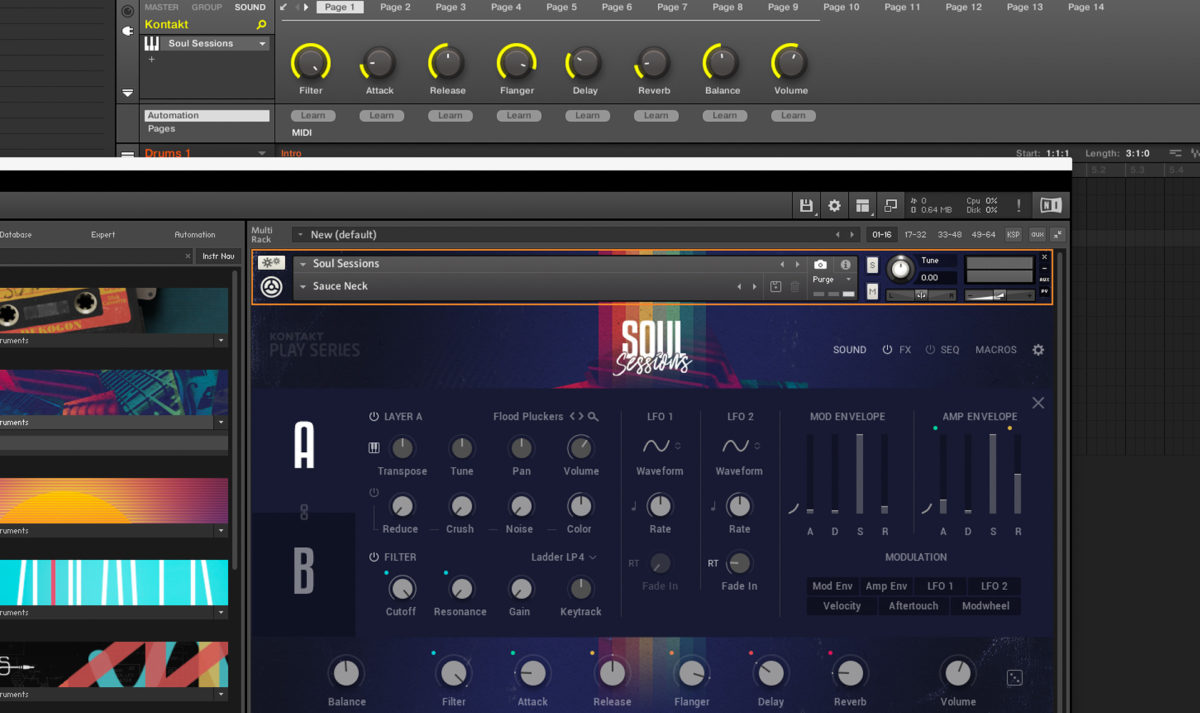
“In Soul Sessions, the processing is definitely not as heavy-handed; we’re not pushing, pushing, pushing the play series instrument to its limits.
“This is simply because Soul Sessions focuses more on a live-instrument base, there aren’t synthetic controls on an acoustic piano – you only have a sustain pedal. A lot of times we’re looking for a user to go in and bring the flavor they want to their particular sound.”
MSXII also used Kontakt 6’s wavetable features to bring elements of these classic live instruments to the forefront. Soul Sessions even allows users to blend more traditional samples with this synth-like approach. Mike shares a little of the thought process behind this: “You can find certain spots inside the wavetable when you turn the knobs and get to certain sections. When you blend that with a live instrument, you get new cool sounds and that’s what I love about the Play Series. It gives you an A sound and a B sound, and then you mold them both to create a new sound. But you can always go all the way back to the original. The wavetable is just another way to find textures and bring more unique things out of an instrument within the Play Series.”
Any final thoughts from Mike? “Thank you for the opportunity and we’re grateful to continue to partner with NI. We hope producers worldwide will continue to be inspired by our work and we will always strive to be the most impactful we can. Peace and blessings to you all.”
For all things MSXII Sound Design, including sample packs, visit msxaudio.com. And don’t forget to check out their iOS apps on the App Store.
To date, MSXII has worked on Sierra Grove, Elastic Thump, Aquarius Earth, Faded Reels, LoFi Glow, Soul Magic, and Soul Sessions for Native Instruments.








